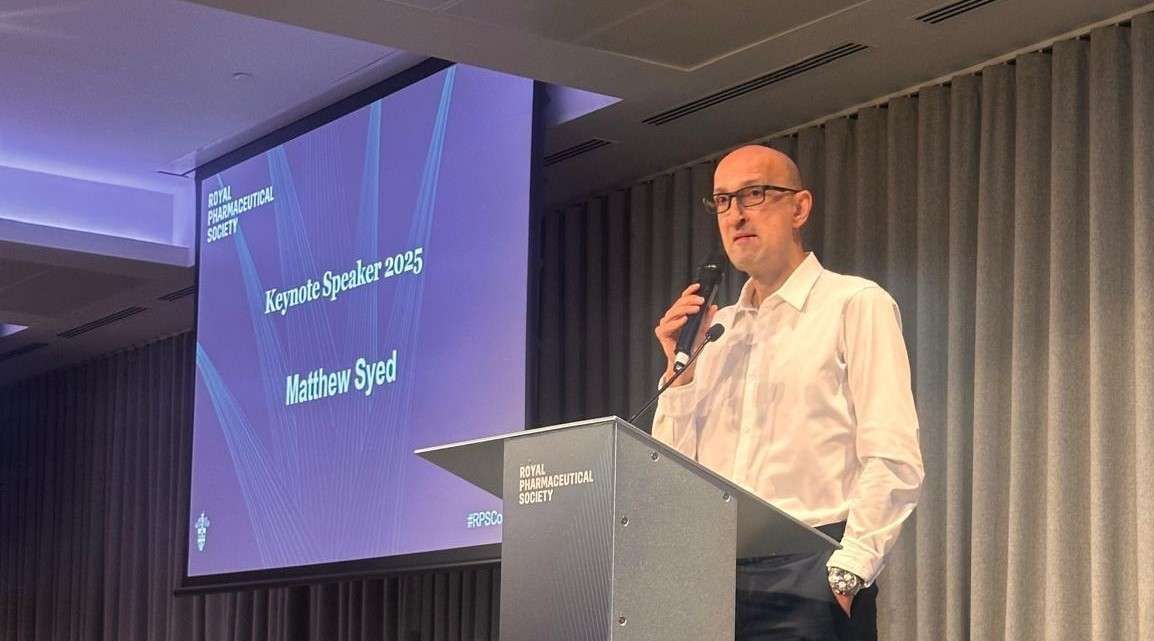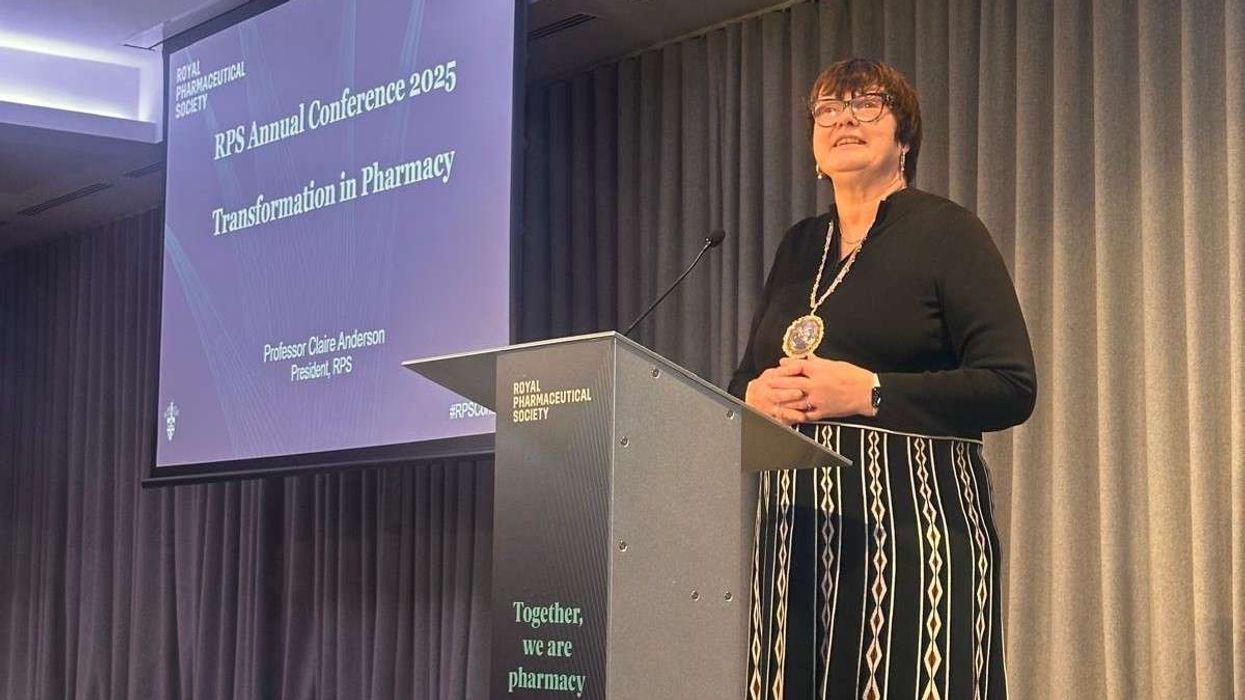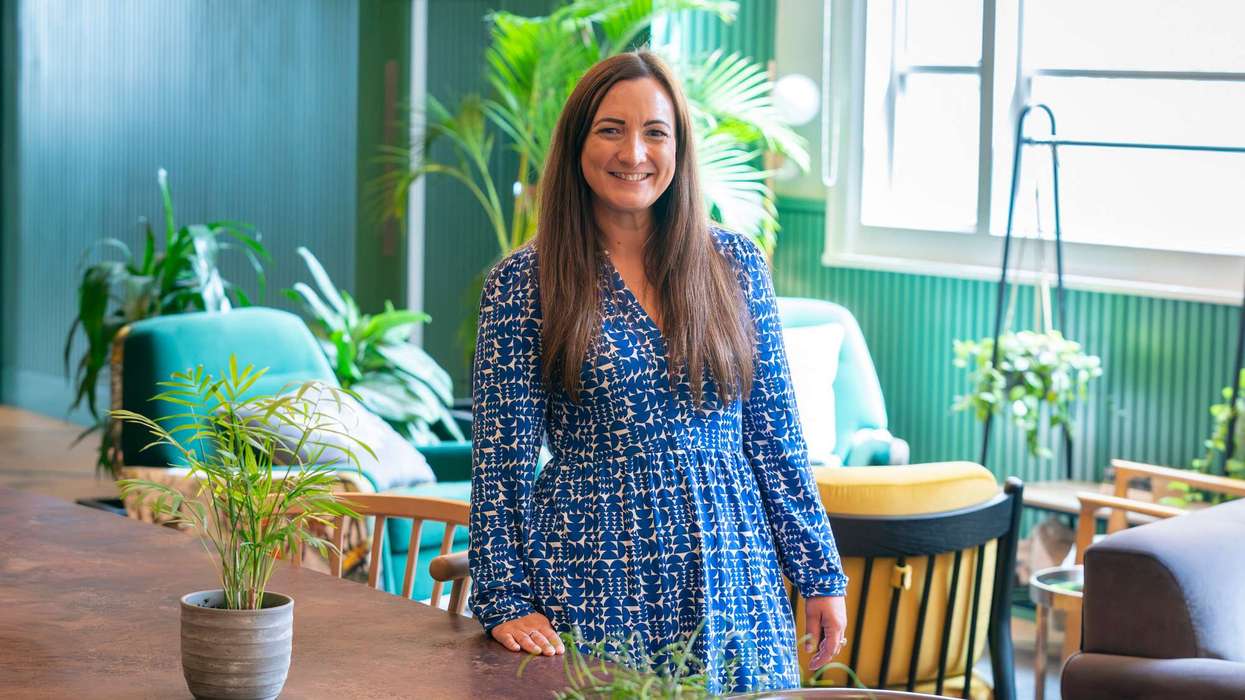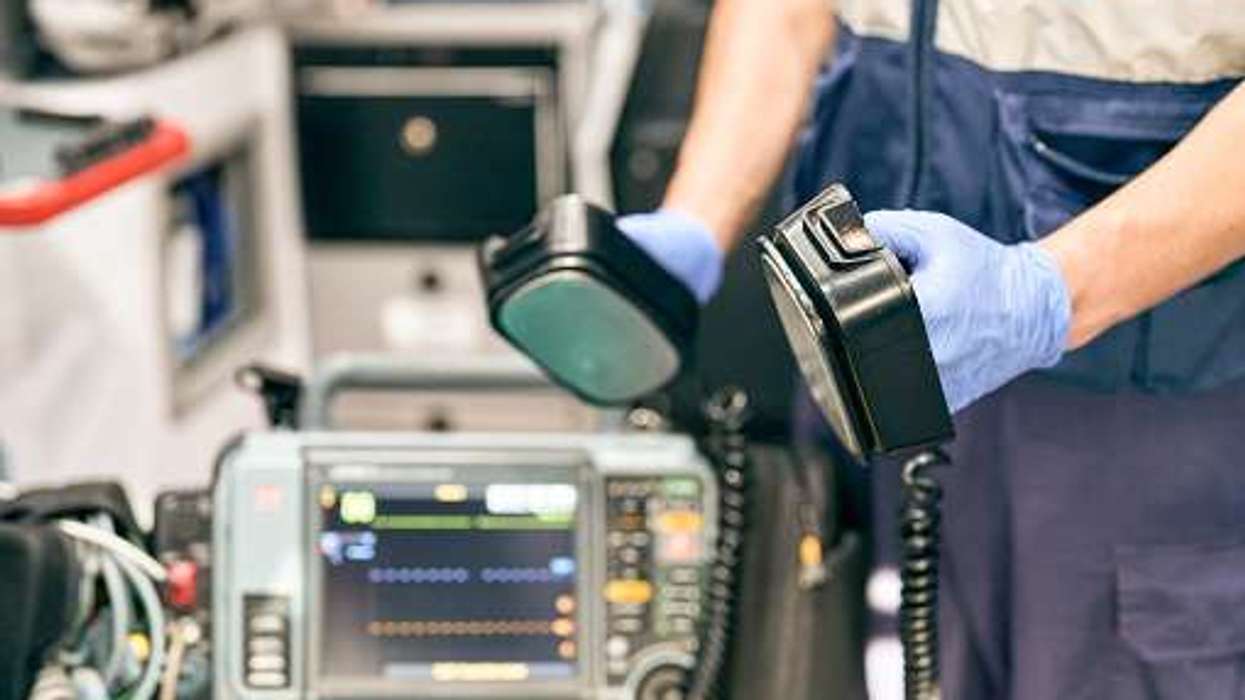Royal Pharmaceutical Society (RPS) president Claire Anderson said the formation of the Royal College of Pharmacy next year will put the society in a better position to build greater recognition for pharmacy among policymakers and other professionals.
During her inaugural address at the RPS annual conference in London, she recalled that the RPS began 184 years ago in London as a body for pharmacy across Great Britain, and it has since built an international reputation. It is now in tune with global pharmacy, she added.
She said it was a busy year at the national level for the RPS with many new initiatives in Scotland, Wales, and England.
In Scotland, the RPS has been successful in lobbying for the digital health record, and in England, it has been engaging with the government and patient groups on medicine shortages and drug substitution.
Claire also pointed out that 2026 will be an unprecedented year for the pharmacy profession, as this will be the first year when graduates passing out from pharmacy colleges will be independent prescribers.
For the profession, this is a major change, and the effects will be felt throughout patient care, she added.
The RPS president said it has a dedicated prescribing support team to ensure that the new prescribers can work to the best of their abilities.
Claire said being the president of RPS has been a honour for me and "we as a society have done a great deal of work".
"However, we must change and we must grow, and the best way to do that is to welcome the Royal College of Pharmacy," she said.
The theme of this year's conference is Transformation in Pharmacy.
RPS chief executive Paul Bennett said, "We are already on the journey for the RPS to become Royal College of Pharmacy."
He said the Pharmacy Support will this year host a welcome space dedicated to community conversation and connection focusing on tackling loneliness and isolation across the profession.
As part of ongoing efforts to improve patient safety, we have created a new role at RPS that of Patient Safety Manager and hope to reap the benefits in the future, he added.
In March this year, RPS members voted for changes to the RPS’ Royal Charter, and set the intention to register as a charity and to become a royal college – the Royal College of Pharmacy.
The college is expected to start in April 2026, and both Anderson and Bennett will step down from their positions.
Kinnock lauds pharmacy teams
Care minister Stephen Kinnock delivered a special video message during the conference.
He said it is an exciting and pivotal moment for community pharmacy and lauded the vital role played by community pharmacy teams in improving the health and well-being of our local populations.
The minister said his government is committed to removing red tape in the healthcare sector.
Kinnock said the government wants to make full use of pharmacist skill, including independent prescribing in the community.
He lauded the RPS for playing a valuable role in the sector.
'AI excites, terrifies me'

In his keynote address, Matthew Syed, author, broadcaster and journalist, said he is excited as well as terrified of AI, as like most other technologies, it can be put to good and bad uses.
He dwelled at length about the 'fixed' mindset and the 'growth' mindset, and how it impacted most human endavours.
The fixed mindset believes it is all about talent, and is crucial for good performance, he said.
"In the growth mindset, talent is a factor, but it is not enough. It is what we do with our talent, individually and collaboratively, that drives sustainable success, growth, and innovation," he added.
Syed pointed out that those with a growth mindset tend to be "higher in initiative and better at working with diverse groups of people."
"When you are solving interconnected problems, it is actually driving great science. If you look at the web of science, 95 percent of high citation papers are written by multidisciplinary teams.
"Working with people in adjacent disciplines is actually driving great science."
He said people with a growth mindset are better learners. "Though they learn from successes, but the really rich learning opportunities happen when they fail."
Microsoft example
Citing the example of Microsoft, he said the concept of fixed mindset and growth mindset he heard from Satya Nadella, who has transformed the technology giant from being a $300 billion company to $4 trillion.
"Leaders with fixed mindset shut down the open exchange of information among the team members."
He pointed out that in many cases of medical errors, it has often to do with "communication breakdown and stigmatizing people who speak up about their mistakes".
He said Nadella wanted his teams to change from a know-it-all to learn-it-all mindset.
Driving change
He said this mindset helps drive change and continually adds value.
Syed said people with a growth mindset are not intimidated by the infinity of the unknown.
He also recalled how he honed his public speaking skills and learned to cope with anxiety and nervousness.
Syed said a growth mindset also frees us from the constraints, we unconsciously place on ourselves.
Leaders with a growth mindset also unlock the ladders others can find to reach their potential.
He said the randomized controlled trial is a good way to gauge the efficacy of a treatment.
He said machine learning is a good way personalise the treatment of people. We can be more sensitive to individual differences.
However, he also pointed out that AI has its limitations.
"AI can look for data, but coming up with an imaginative theory or conjecture to test is beyond the scope of AI at the moment."
He said the human capacity for thought, experiment, and reasoning is something very distinctive to us and is not yet replicable by AI.
Hence, the quality of answers provided by LLMs depends on the type of questions we frame, he added.
In conclusion, he said AI can pose risks, but there are "massive opportunities if we can control that downside to do great work."
Awards
Professor David Jones, professor of Pharmaceutical and Biomaterial Engineering at Queen’s University Belfast, was awarded the 2025 Hanbury Medal for his outstanding contributions to pharmaceutical sciences, education & innovation.
Dr Adam Pattison Rathbone of Newcastle University was awarded the RPS Barnett Award, recognising his exceptional commitment to mentorship and professional development in pharmacy.












